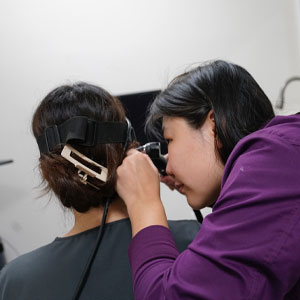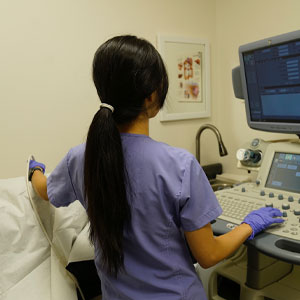New Patients
(201) 212-4079
Existing Patients
(201) 947-4777



Our mission is to provide comprehensive care for patients experiencing balance, dizziness, and neurological disorders.
Our team of experienced specialists uses state-of-the-art diagnostic tools and personalized treatment plans to ensure the best possible outcomes for our patients.
Whether you’re dealing with vertigo, migraines, or other related conditions, we are here to help you regain your balance and quality of life.
To be the leading provider of comprehensive care for dizziness, vertigo, and balance disorders, empowering patients to regain control of their lives through expert diagnosis, personalized treatment, and compassionate support.





Balance disorders impact millions worldwide, causing symptoms from mild dizziness to debilitating vertigo. This guide explores the complexities of balance regulation, advanced diagnostic tools like VNG/Calorics testing, and integrated treatment approaches including traditional therapies and cutting-edge VR rehabilitation.
February 6, 2026

Dizziness can be a disorienting experience, encompassing various symptoms like vertigo, lightheadedness, imbalance, and tinnitus. This comprehensive guide delves into the science behind these sensations, exploring how the inner ear, brain, and sensory systems interact to maintain balance. Learn about medical interventions, lifestyle adjustments, and targeted treatments that can help manage dizziness effectively.
February 5, 2026

Dizziness is a complex symptom that can stem from various causes, ranging from inner ear disturbances to neurological disorders. Understanding the different types of dizziness—such as vertigo, lightheadedness, or imbalance—and their underlying conditions is crucial for effective management. This comprehensive guide explores the multifaceted nature of dizziness and provides insights into advanced diagnostic tools, personalized treatment plans, and lifestyle adjustments that can help restore balance and improve overall well-being.
January 5, 2026
